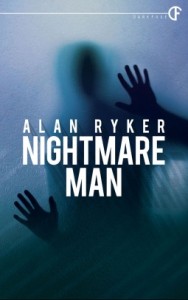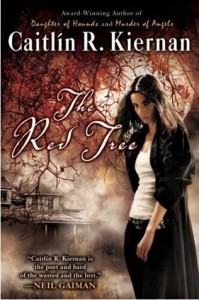Once upon a time, a few years ago, Matthew Swift had a no good, horrible, very bad day. With the help of the blue electric angels he got better, and decided to do something about that.
These are the tales of Matthew Swift, an urban sorcerer in modern-day London. He doesn’t use the traditional materials of fire, water, air, and earth; instead he uses mains power, gas, tarmac, and diesel exhaust to work his magics. He lives in the heartbeat of London; his feet quicken at rush hour and stroll on early Sunday mornings. He understands London’s denizens, the beggars, the pigeons, the urban foxes; the various clans and gangs, the Tribe, the Neon Court, the Whites, the Beggar King; the spells that can be cast with spray paint and a subway pass and power plucked from a street lamp. The magic is as modern as it is fantastic; golems are made of litter, a frustrated civil servant can inadvertently call forth primal forces of destruction, graffiti is used for wards and warnings, blue electric angels born of human passions live in the telephone wires.
In Book One, Matthew seeks revenge for his own death, raining doom and destruction upon his foes. In Book Two, he finds himself suddenly tasked with saving the City from some unknown evil, which is ridiculous because after the destruction of Book One, what madman would give Matthew any authority whatsoever? In Book Three, Matthew must attempt diplomacy in order to avert a war, which is again ridiculous because the last time he tried to negotiate a peace the building fell down. And in Book 4, he faces the most implacable enemy of all— a civil service job.
Griffin has built a richly textured world. Her magical London is as much a character as any other in the book. Her prose is descriptive and poetic and deserves to be savored. The magic is based on modern, not primeval, metaphors; so are the fantastic creatures, who have adapted to urban life as easily as the rats and cockroaches have.
I just cannot tell you how much I love these books. They’re a lot like Neil Gaiman and very little like Harry Dresden. I love the language; I love the metaphors that build the magical spells. I love that Matthew and the blue electric angels both live in his skull and you can tell which one is speaking by whether its in first person singular or plural. I love how Matthew buys his clothes at charity shops because he wants the soles of his shoes worn just enough that he can feel the texture of the street below his feet. I love the clues sprinkled throughout the story that only become explicable at the end. I love watching Matthew perform his spells; to gain audience with the Beggar King, sit on a piece of cardboard by the side of the road and hopefully jingle coins in a styrofoam cup; to escape an eldritch horror summoned from the recycling bins, buy a Tube ticket, enter the station, and read the incantation (terms and conditions) on the back, which expressly forbids entry without a valid ticket. I love that the most powerful sorcerer in London is regarded in the magical community as something of a tosser.
There’s a second series, too, Magicals Anonymous. The main character in this one is Sharon, a barista who founded a Facebook group very nearly named Weird Shit Keeps Happening to Me and I Don’t Know Why But Figure I Need Help, and runs support meetings in the church hall for, among others, a vampire with hygiene issues, a druid apprentice allergic to magic, a troll who just wants to be liked, and a banshee who is a lover of modern art. Magicals Anonymous is a little more tongue in cheek, mostly because Sharon doesn’t take herself nearly as seriously as Matthew does.



